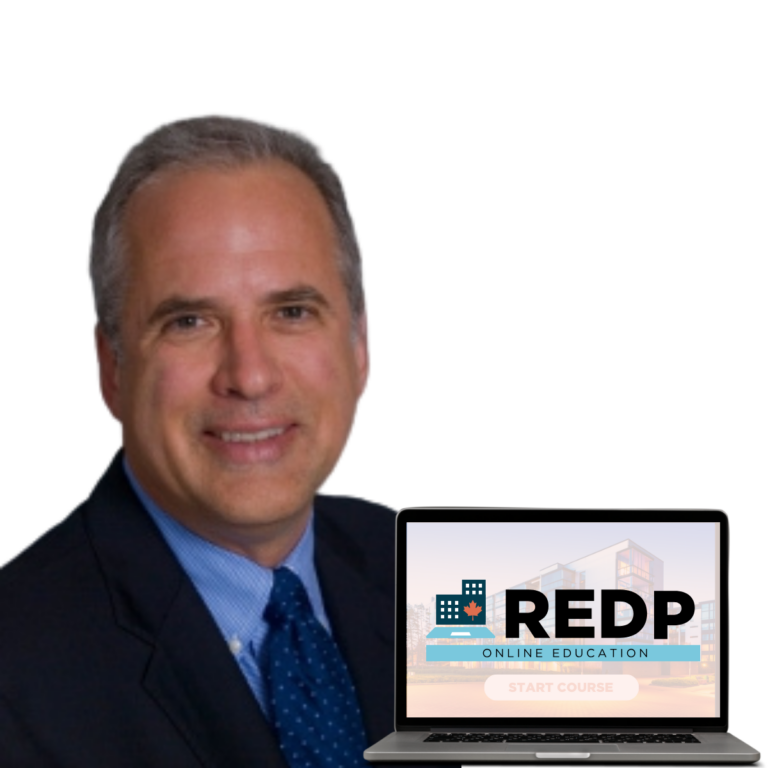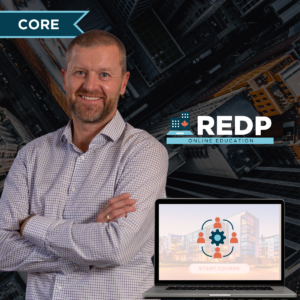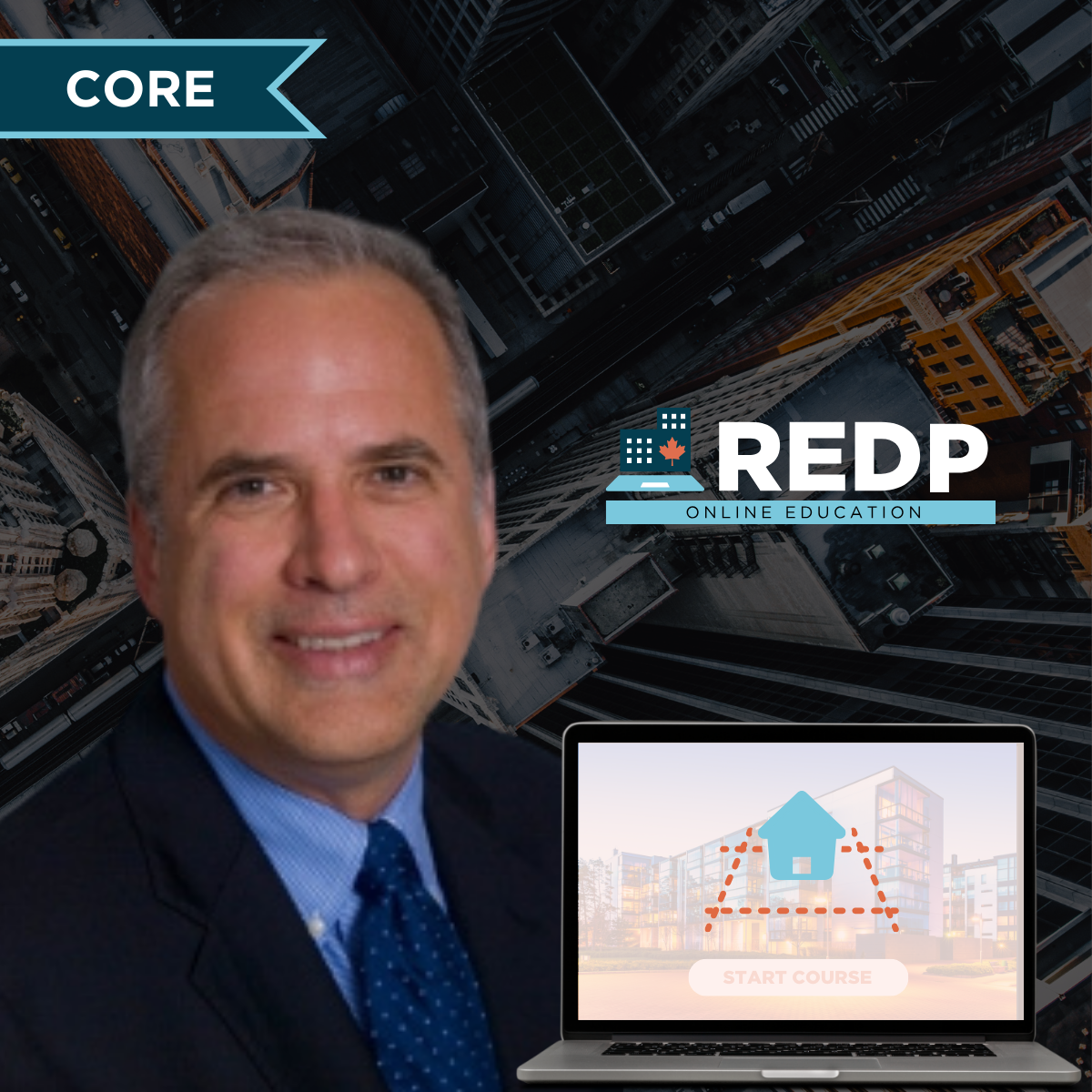Build Your Career
Fundamentals of The Real Estate Development Planning Process
Navigate the world of urban planning and land development with confidence.
Gain understanding of the development and urban planning process to shape vibrant communities and effectively communicate with decision-makers. Explore external forces and trends influencing urban planning and development, including climate change, economic restructuring, aging populations, and political factors.
Online, Across Canada

We have the blueprint for your career in real estate development.
Invest in yourself now to successfully work with stakeholders throughout the planning aspects of your projects in the future.
About The Course
Fundamentals of Real Estate Development & The Planning Process
$495.00
Course Delivery:
Online, 5-weeks
Certificate:
Core course in Real Estate Development Professional certificate
Passing Grade:
70% on each graded assessment
This course is your gateway to understanding the intricate intersection of urban planning and land development. Uncover the forces of change and trends shaping planning practices, from economic shifts to cultural transformations. Led by seasoned experts, you’ll analyze the evolving planning environment and its impact on leaders and practitioners.
Step into the shoes of a developer and embark on a journey to create a comprehensive planning report. Through eight interactive lessons and real-world case studies, you’ll apply a strategic framework tailored to your chosen location in Canada or a selected site of your choice.
Course Details
By completion of this course, successful learners will be able to:
- Identify various types of real estate assets suitable for development and understand the municipal approval process required to commence development.
- Analyze and mitigate project-specific and macroeconomic risk factors impacting the viability of your project.
- Compare and evaluate different equity capital structures used to finance real estate projects and their influence on securing project debt.
- Develop a comprehensive project pro forma and cost estimate utilizing discounted cash flow analysis, IRR modeling, and time value of money assumptions.
- Grasp the basic features of mortgage agreements, including first and second charges, and comprehend the legal framework supporting private financing transactions.
- Assess the viability of potential real estate projects, determining their potential to secure project financing.
- Create a pre-financing report using REDI’s framework for a case-study development or an alternative project of your choice.
Mark Seasons
Professor & Director, School of Planning — University of Waterloo
Adjunct Instructor, REDI Canada
Mark Seasons is a Professor and the Director of the School of Planning at the University of Waterloo, which he joined in 1998 following almost 20 years in planning practice. He is a Fellow, Canadian Institute of Planners and a Registered Professional Planner (Ontario). Mark’s education includes a BA (Honours Geography – Queen’s); MEnvDes (Planning – Calgary); and PhD (Regional Planning – Waterloo).
Mark has practiced as an urban planner with the City of Calgary, the New Zealand federal government, the Province of Ontario, and the Canadian federal government’s National Capital Commission. Throughout his professional career, he has worked in the areas of urban renewal, long-range planning, neighbourhood revitalization, regional planning, and non-profit housing.
Mark’s research interests include plan evaluation, planning for climate change, strategic planning, and planning for slow-growth or declining cities. He has designed and delivered courses in land use planning, research methods, planning theory, program evaluation and regional planning.
As a researcher, Mark has written and had published numerous articles in a variety of peer-reviewed journals. He’s also a member of the editorial boards of several academic journals for which he regularly reviews and evaluates articles that are submitted for publication. Mark was editor-in-chief of Plan Canada, the Canadian Institute of Planning’s practice-oriented journal, from 2005-10. In 2021, he published a sole-authored and peer-reviewed text on plan monitoring and evaluation (Evaluating Urban and Regional Plans: From Theory to Practice, UBC Press).
You Might Be Interested In...
Related products
-

Certificate Application
$150.00 Add to cart -

Fundamentals of Proptech
$495.00 Select options This product has multiple variants. The options may be chosen on the product page -

Fundamentals of Placemaking (Mixed-Use)
$495.00 Select options This product has multiple variants. The options may be chosen on the product page -

Fundamentals of Real Estate Development Management
$495.00 Select options This product has multiple variants. The options may be chosen on the product page -

Fundamentals of Real Estate Development Finance
$495.00 Select options This product has multiple variants. The options may be chosen on the product page -

Fundamentals of Real Estate Marketing
$495.00 Select options This product has multiple variants. The options may be chosen on the product page
Frequently Asked Questions
No. Take one course, take several, in any order. We’ve designed the courses to meet the needs of a range of learners. You can customize your learning based on your professional goals.
Not sure what you need? Contact us. We’re here to help. info@redicanada.org
The average participant can complete the certificate in approximately one year. You must complete:
Five Core Courses
- Real Estate Development and Finance I
- Real Estate Development and the Planning Process
- Real Estate Marketing
- Real Estate Law
- Real Estate Development Management
Two Elective Courses
- Real Estate Development and Finance II
- Commercial Real Estate Development
- Mixed Use Real Estate Development
- Sales Management & Strategies
Yes.
Organizations or groups may be eligible for a group discount. Contact REDI’s Manager, Industry Relations for more information: info@redicanada.org.
You will be receiving a welcome email with instructions on how to access the course on the start date of that course. For example, if you’re enrolled in section 014 (Jan 16-Feb 20), you will receive access to the course on Jan 16 by noon MT.
You can start with any course. We recommend that certificate participants start with the core courses; this helps inform your learning for the elective courses.
Each course is self-paced. You can study anytime, from anywhere with internet access!
Based on current feedback and learner data, the average course time investment ranges from 15 to 20 hours depending on the learner’s current professional experience and subject matter knowledge.
- Expert industry insights from REDI Canada’s national faculty.
- Current real-world projects, case studies, and lessons learned.
- Independent project work to showcase your skills and knowledge to prospective partners/employers.
- Access to downloadable frameworks to take with you.
Each course includes several progress quizzes and a final assessment. Participants must achieve 70% on each to successfully pass the course.
Yes, of course! Our team is available to answer your questions throughout the course.
JOIN THE MAILING LIST
Sign up for the REDP mailing list for announcements about the upcoming course offerings, format, esteemed faculty, and more.
REDI Canada Faculty
REDI Canada works with active industry professionals to develop and facilitate courses that meet industry and learner needs. Our instructors have expertise across a variety of industry areas and professional experience working across Canada.

